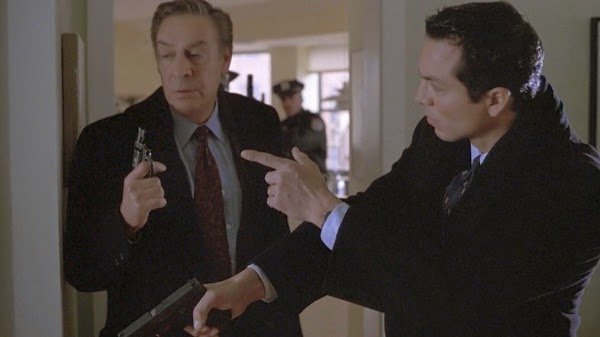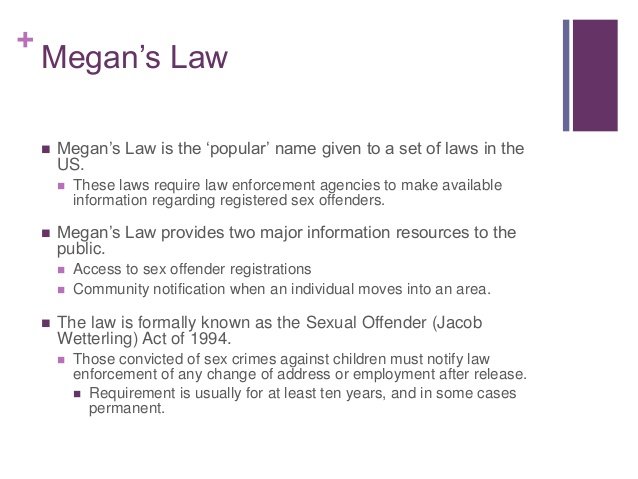Ostracization - Mob Rule or Individuals Acting in Their Best Interests? Pt. 1
Given the on-going fight on Minds.com to engage and ostracize pedophiles and supporters of pedophilia, there has been an important question brought up on all sides. The question being, "Is ostracization actually about the community coming together to speak out against unethical and immoral people or is it bullying by mob rule and borderline harassment?" It's a very good and valid question to ask, given that the line between people being do-gooders and people acting out in a mob mentality seems to be blurred, at times.
The important thing to do first, as always, is to define and understand the term before exploring the implications and applications of it. Ostracization can be defined as, "to exclude, by general consent, from society, friendship, conversation, privileges, etc.,". So, simply put, it's a consenting group's decision to exclude a person or group from certain interactions, transactions, or from being accepted into society.

That can be a scary concept, especially given the depiction of this act from the episode of Law and Order, Mad Dog, where a convicted serial rapist is suspected to be connected with a rape and murder, to eventually be harassed to the point of re-offending despite a complete lack of evidence proving that he had anything to do with it. (Link to the summary of the episode here.) The episode showcased how ADA Jack McCoy abused his authority (legally speaking, "close to" abuse of authority) because of his obsession in re-convicting a felon that he believed did not serve enough time in prison.
In real life, the same concept can be applied to the aftermath of the Casey Anthony trial, where during the trial and after being found Not Guilty of murder charges, the community of Sanford, FL took to ostracizing Casey Anthony and her parents to the point where Casey had to flee the state. People would protest in front of the Anthony house, in front of the courthouse, and engage Casey's parents about the death of Caylee Anthony (given that the grandfather of Caylee was a recently retired Detective).

Let's look at the situation of Law and Order's Mad Dog, which was based off of the Megan Kanka case, and compare it to the situation with Casey Anthony. In Mad Dog, the ostracization that took place happened because of a couple of reasons. The biggest catalyst being that Lewis Darnell (played by Burt Young) was granted parole after serving 18 years of a 30-year sentence and Jack McCoy thought that he should still be in prison.
Why is this portion of the story so crucial and how does it have any relation to the Casey Anthony case? The reason is because of a person's or community's reaction to the judicial system and how they feel it should enact "justice". For many people, the role of the judicial system is to try people, based on government law, and then enforce a befitting punishment for any and all violations of said law. The biggest downfall of the modern judicial system, and the "correctional" facility system associated with it, is that a "befitting" punishment is rendered subjective to decisions of the jury and judge that tries them.

For example, some people believe that anyone convicted of murder should be punished by death, in varying methods (firing squad, gas chamber, electrocution, lethal injection, etc.), while others feel that convicted murderers should be punished through a life sentence in jail or a fixed amount of jail time (25 to life w/o parole, life with parole in x years, X years w/ parole in Y years). The act of penalizing convicted criminals is to bring a sense of justice through retribution, which will always vary depending on the visceral nature of whoever you ask.
Both Jack McCoy and the people who were outraged by the result of the Casey Anthony trial are driven by the same, subjective irrationality. They both feel that their sense of justice was not quenched because the court system allowed for them to "get away" with their crimes by not punishing them in a way that they thought was "right". This is a sentiment that rings true in all judicial systems where the courts enact punishment as a way of advocating for the "welfare" of those affected by the crime and for the State. As a process, this has been proven to be an ineffective method of correcting criminal behavior, with nearly half of those convicted of federal crimes being arrested again and close to a third being convicted again for the same or new offense.
(To Be Continued...)
Sources:
https://www.ussc.gov/sites/default/files/pdf/research-and-publications/backgrounders/RG-recidivism-overview.pdf